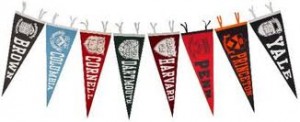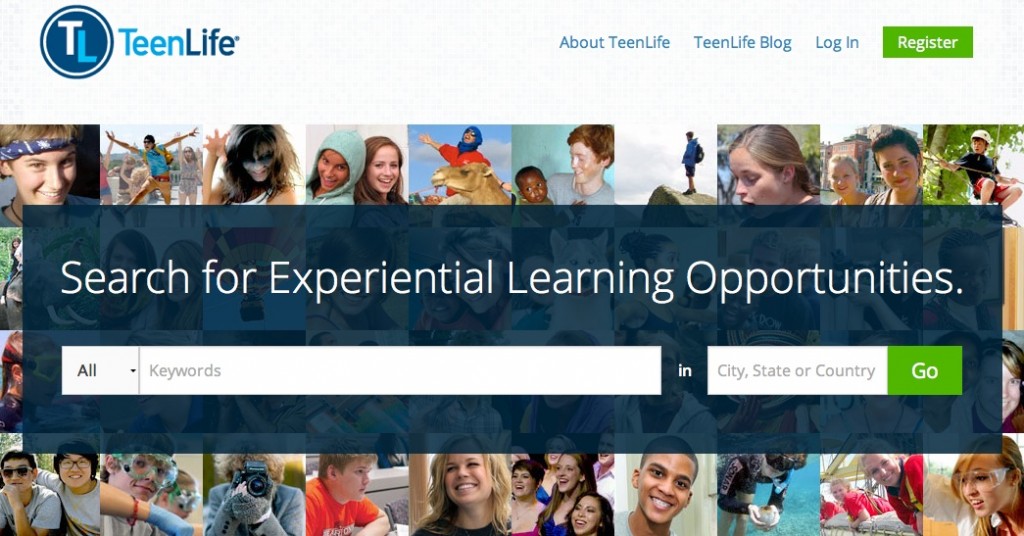Sign up for my FREE parent tips email and get my FREE Ebook on college financing! Or subscribe to my blog on the left and get email updates.
Wednesday’s child may be full of woe but Wednesday’s Parent can substitute action for anxiety. Each Wednesday Wendy and I will provide parent tips to get and keep your student on the college track. It’s never too late or too early to start!
The bonus is on the fourth Wednesday of each month when Suzanne and I will host Twitter chat #CampusChat at 9pm ET/6pm PT. We will feature an expert on a topic of interest for parents of the college-bound.
Wednesday’s Parent will give twice the info and double the blog posts on critical parenting issues by clicking on the link at the end of the article from pocsmom.com to parentingforcollege and vice versa.
______________________________
 It’s the never ending battle that ensues during those teenage years: who’s in charge? Teens feel that since they are growing toward independence, they should be in charge. Parents, knowing that the teens aren’t quite adults and fearing the fact that they will eventually leave, clamp down on the rules, and rightly so. To a teenager however, rules are made to be broken. Unfortunately, the rules of college prep will have negative consequences if they are not obeyed.
It’s the never ending battle that ensues during those teenage years: who’s in charge? Teens feel that since they are growing toward independence, they should be in charge. Parents, knowing that the teens aren’t quite adults and fearing the fact that they will eventually leave, clamp down on the rules, and rightly so. To a teenager however, rules are made to be broken. Unfortunately, the rules of college prep will have negative consequences if they are not obeyed.
Here are just a few rules that your teen may be tempted to break during the college prep process that could hurt their college chances:
Study before play
Believe it or not, the most important bargaining tool your student has is his grades. It’s not the SAT’s or the extracurriculars. It’s his grades and the courses he takes during high school. Colleges look first and foremost at the grades and the quality of the courses he took. Allowing him to break this rule could have negative affect on his college application. Enforce this rule before all other: study before play.
Money matters
As the college prep process proceeds to senior year, your student will react like a kid in a candy store. Because of their peers, they will be looking at the most expensive colleges, with the prestigious names and the most infamous reputations. For most, those price tags don’t fit into the family college budget. And if your teen isn’t the best of the best, don’t expect merit aid or scholarships from those colleges. In this case, money matters and you should communicate this to your teen before he takes the college to the cash register.
Behave yourself
Colleges pay attention to behavior. They are looking for respectful students who have leadership qualities and take academics seriously. What they aren’t looking for is a student who shoots his mouth off on Twitter, posts pictures of his naked body on Instagram, and complains about parents and school on Facebook. One of the easiest ways students can impress college admission officers is to behave themselves.
Respect deadlines
Deadlines are like lines in the sand. Once drawn, you can’t cross them. Missing those deadlines will have harsh consequences. There’s no room for procrastination in the college prep process. Colleges expect your student to respect their deadlines. No respect means no admission.
Work hard
There’s no room for a slacker in the college prep process. Only those students who work hard are going to reap the benefits. Hard work always pays off when it comes to the rewards of college admissions. Hard work results in the best offers of admission and the best financial aid packages, not to mention the satisfaction of knowing that the work paid off.
This is the time for parents to remind their student that obeying the rules protects him from negative consequences and ensures positive outcomes. The simple rule we started when they were toddlers, pays off during college prep. Obey the rules!
Read Wendy’s blog: Rules to Follow and Rules to Break








